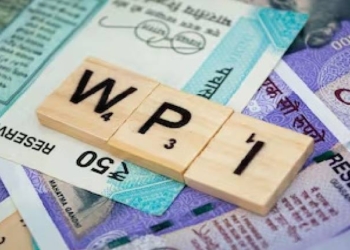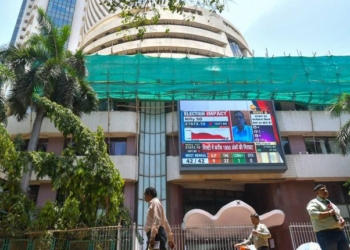New Delhi: India’s crude steel production has shot up by over 35 million tonnes in the last four years from 109.14 million tonnes in 2019-20 to 144.30 million tonnes in 2023-24, the government informed the Parliament on Friday.
India became the world’s second-largest steel producer in 2018 surpassing Japan and has succeeded in maintaining this rank since then, Minister of State for Steel and Heavy Industries Bhupathi Raju Srinivasa Varma told the Rajya Sabha. He said the Government as a facilitator has taken several measures to create a conducive policy environment for improving production and consumption of steel in the country. These include the implementation of the Domestically Manufactured Iron & Steel Products Policy to promote ‘Made in India’ steel for Government procurement.
The Government has also launched a Production Linked Incentive (PLI) Scheme to promote the manufacturing of Specialty Steel within the country and reduce imports by attracting capital investments. The anticipated additional investment under PLI Scheme for Specialty Steel is Rs 29,500 crore. This is expected to create an additional capacity of around 25 million tonnes (MT) for speciality steel.
The minister further stated that to make Indian steel become globally competitive, the government has reduced basic customs duty on ferro nickel, a raw material used for steel, from 2.5 per cent to zero, making it duty-free, while duty exemption on ferrous scrap has been extended up to March 31, 2026, in the Budget for 2024-25.
Besides, the ‘Make in India’ initiative and PM Gati-shakti National Master Plan are helping enhance steel usage through further engagement with potential users, including the Railways, Defence, Petroleum and Natural Gas, Housing, Civil Aviation, Road Transport and Highways, Agriculture and Rural sectors.
The Government has also been coordinating with Ministries and States, besides other countries, to facilitate the availability of raw material for steel making on more favourable terms, the minister said. The notification of the steel scrap recycling policy to enhance the availability of domestically generated scrap has also helped to increase production, he added.
IANS
















